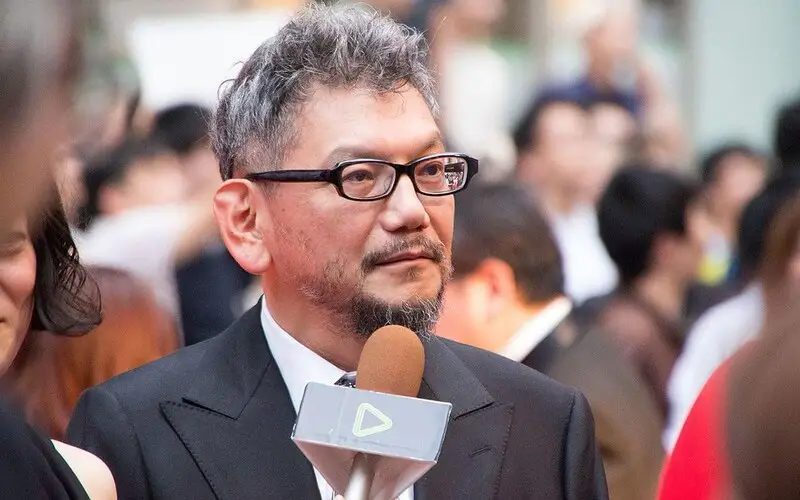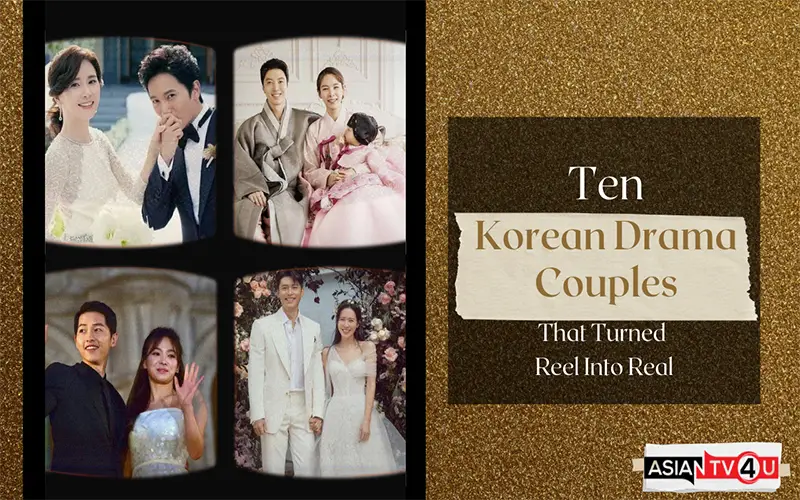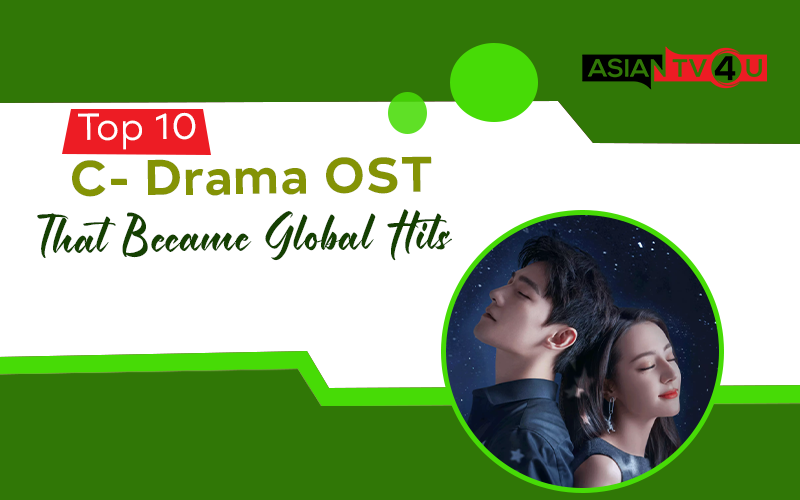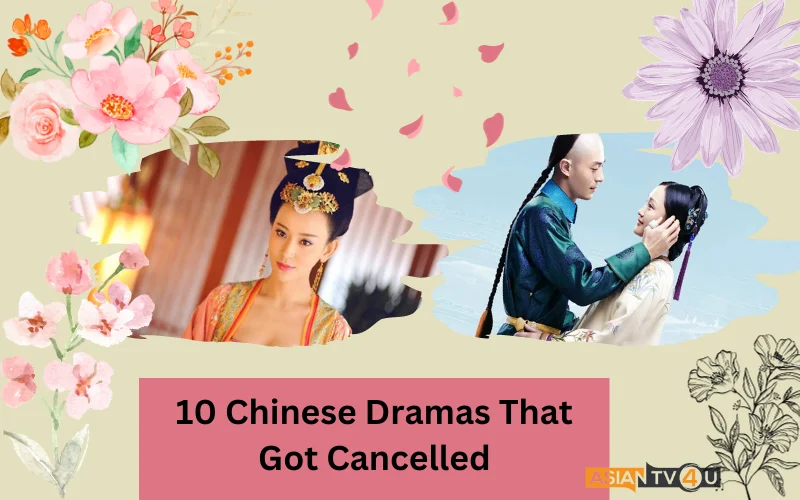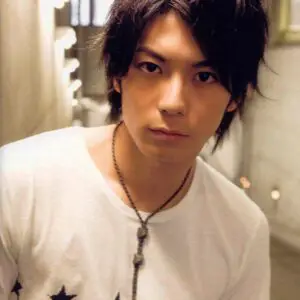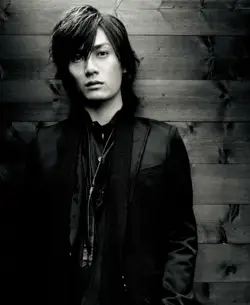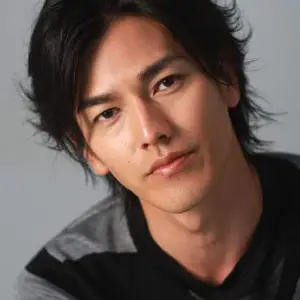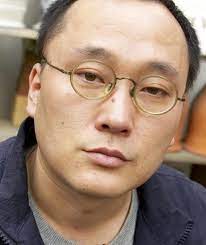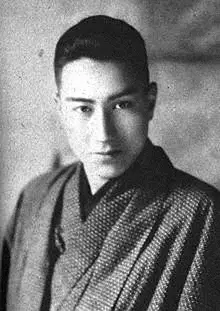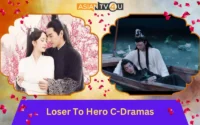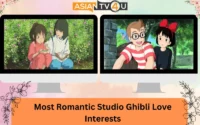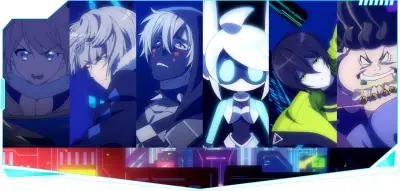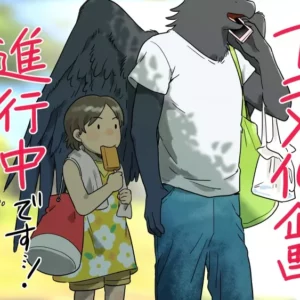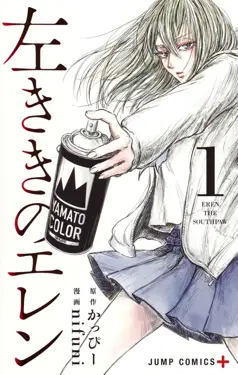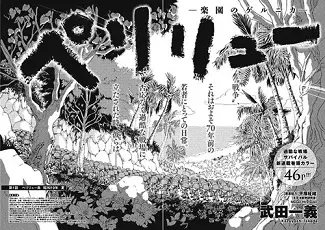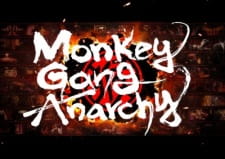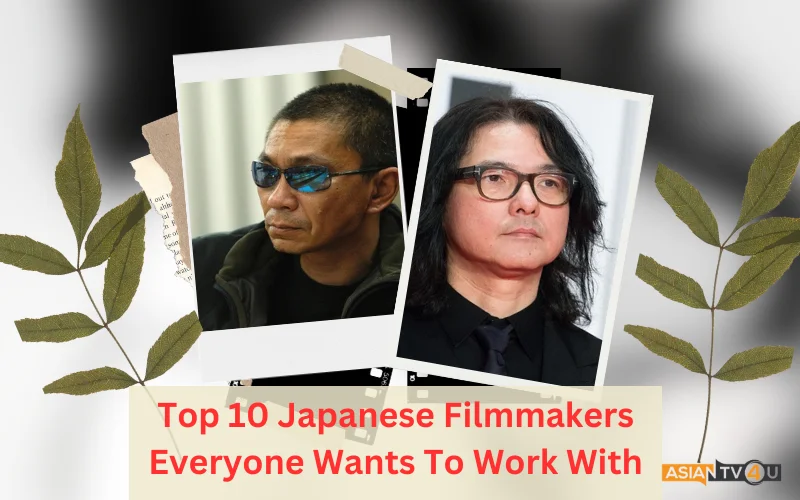
With the rising number of ‘Otakus’ all around the globe, it comes as no surprise that Japanese movies and shows are steadily gaining ground. This growing demand and popularity have motivated Japanese filmmakers to put their best foot forward. This article presents you with the Top 10 contemporary Japanese filmmakers who have achieved worldwide acclaim.
1. Shunji Iwai
Shunji Iwai is a masterful director. He has been active in the industry since the early 90s. He is famous for his depiction of complex stories and characters with utmost care and grace. most of his work fits the ‘absurdist’ trope, yet never fails to leave the audience grappling with multitudes of emotions. Some of his famous films include Love Letter (1995), Hana and Alice (2004), and All About Lily Chouchou (2001). His film Swallowtail Butterfly (1996) received the 1997 Japanese Academy Awards.
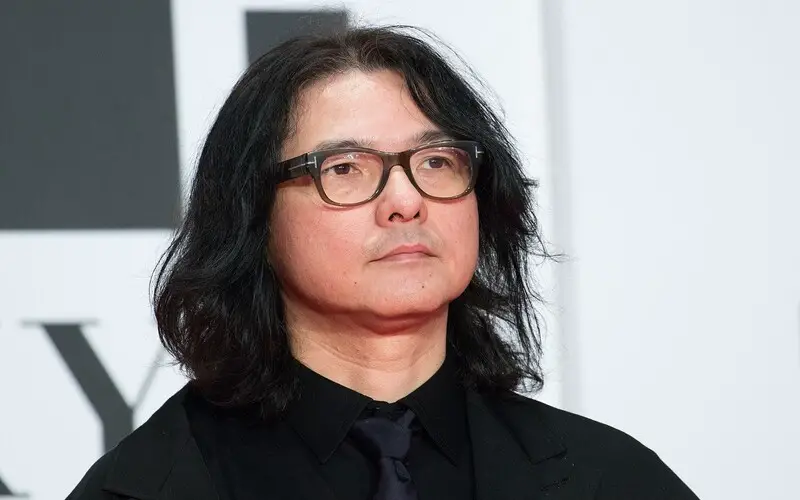
2. Kiyoshi Kurosawa
Kiyoshi Kurosawa is one of the most important contemporary Japanese directors. He has a flair for combining the paranormal and the psychological. His characters are often deeply troubled individuals who find an outlet in the supernatural. His movies are both terrifying and thought-provoking including an underlying social commentary. His famous works include Cure (1997), Bright Future (2002), and Tokyo Sonata (2008).
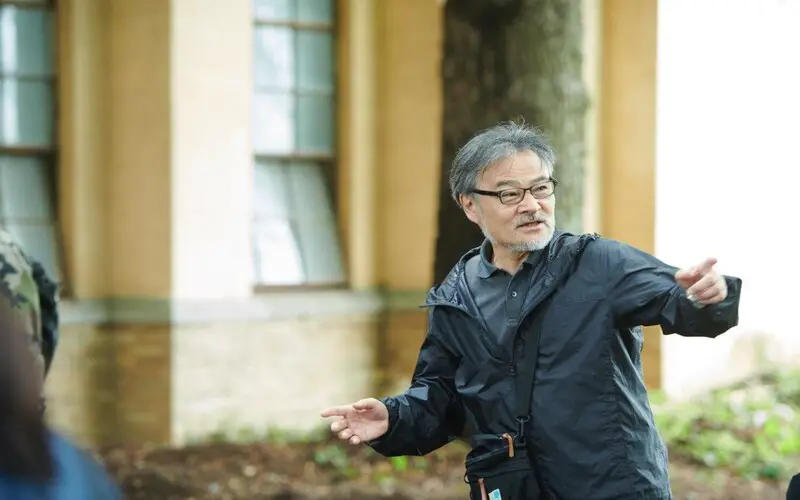
3. Yoji Yamada
One of the most prominent filmmakers in almost all of Asia, with a career spanning over 5 decades, Yoji Yamada is a force to reckon with. He is a master of subtly weaving complex themes in what appear to be light-hearted stories. He is credited for creating the ‘Tora San’ Series which has the distinction of being included in one of the most successful comic-drama franchises. The focus of his work is usually rural or suburban life, away from the hassles of urban metropolitan life. Some of his famous works include, ‘Nagasaki: Memories of My Son’, and ‘Tora-san’ among others.
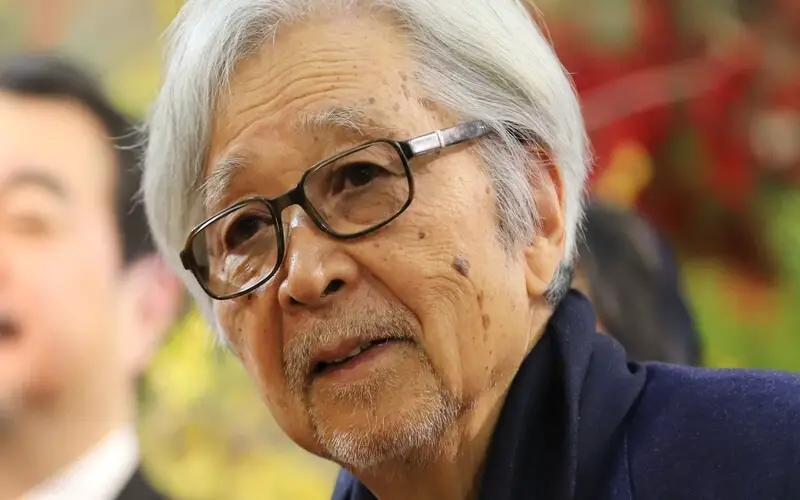
4. Nobuhiro Yamashita
Nobuhiro Yamashita kickstarted his filming career with his graduation film, ‘Hazy Lives’. Ever since he hasn’t known how to stop. He is recognized for his appreciation of the mundane and the simple. His focus on simple narration of everyday life easily resonates with the audience. He is also famous for not sticking to the routine. He often sets the mood and tune to which he directs his films. His prominent works include ‘Linda Linda Linda’ (2005), ‘Over the Fence’ (2016), and ‘A Gentle Breeze in the Village’ (2007).
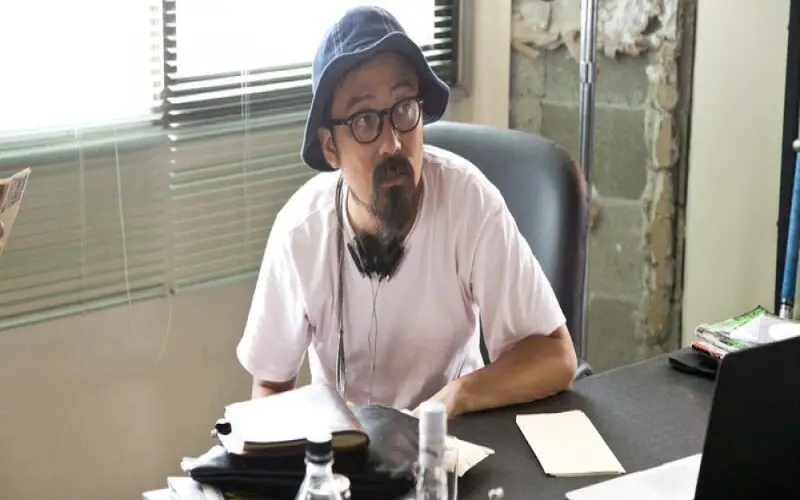
5. Takashi Miike
A production powerhouse, Takashi Miike has over 100 films under his name. He is one of the most daring directors at present. He never shies away from exploring the unconventional and the new. His works almost always have an element of ‘bizarre’ which evokes numerous responses among audiences. Laced with violence, humor, and absurdity, his movies have become a ‘cult’ among fans around the globe. Ichi the Killer (2001), Visitor Q (2001), Audition (1999), and Crows Zero (2007) are some of his renowned works.
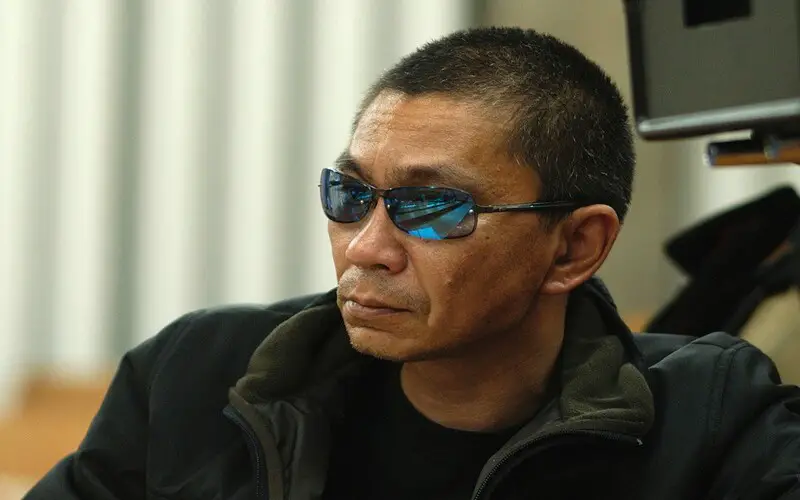
6. Tetsuya Nakashima
One name that cannot be missed when naming the most influential contemporary directors is that of Tetsuya Nakashima. His unique style of direction often focuses on exploring the various facets of people’s relationships. Smooth camera movements, the use of colors to depict the emotional state of characters, and animated flashbacks are some unique features of his films. His movies never fail to evoke a spectrum of emotions from audiences ranging from joy to anger to melancholy. Interestingly, most of his movies have strong female leads. Confessions (2010), Kamikaze Girls (2005), and Memories of Matsuko (2006) are among his important works.
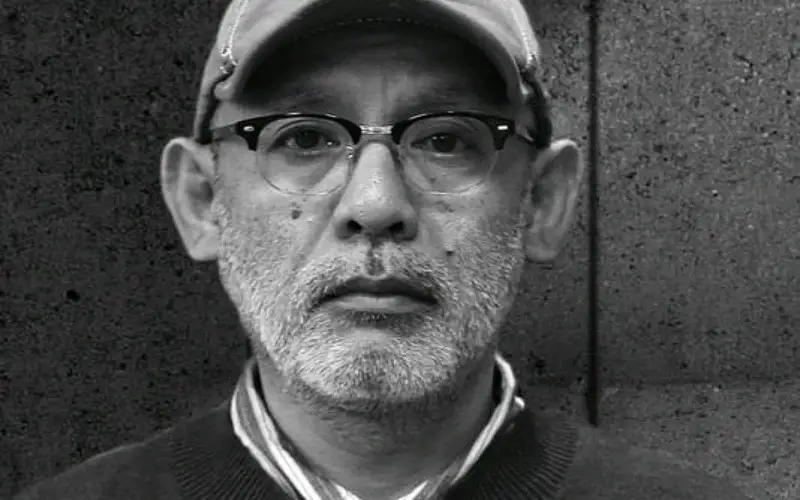
7. Sion Sono
Very much like Takashi Miike, Sion Sono is known for being unconventional and subversive. His works gather mixed reviews from audiences, yet are often thought-provoking. Elements of dark comedy ring loud in his works often dealing with one or another societal issue. Other times, his work revolves solely around pure light-hearted entertainment. One of his best works is his 4-hour-long ‘Love Exposure’ (2008), for which he won Best Director at Asian Film Awards (2010). His other works include- Himizu (2011) and Why Don’t You Play in Hell (2013).
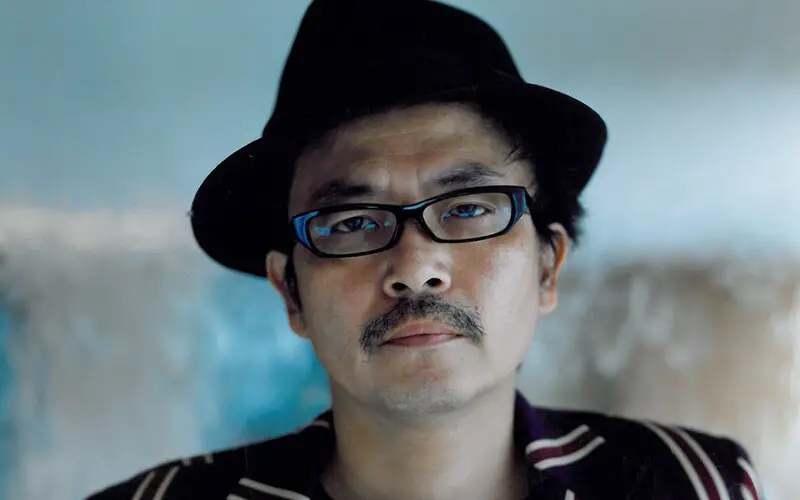
8. Hirokazu Kore-eda
Having won the Cannes Palme D’Or Award, Kore-eda has proved his mettle globally. Most of his work fits the genre of a bildungsroman, wherein the emotional and physical growth of characters is traced over time. He is known for his sensitive portrayal of the complexities of human relationships. Soft music, delicate cinematography, and an underlying element of domesticity set his work apart from others in the same industry. His important works include Still Walking (2008), Nobody Knows (2004), Like Father Like Son (2014), and Our Little Sister (2015).
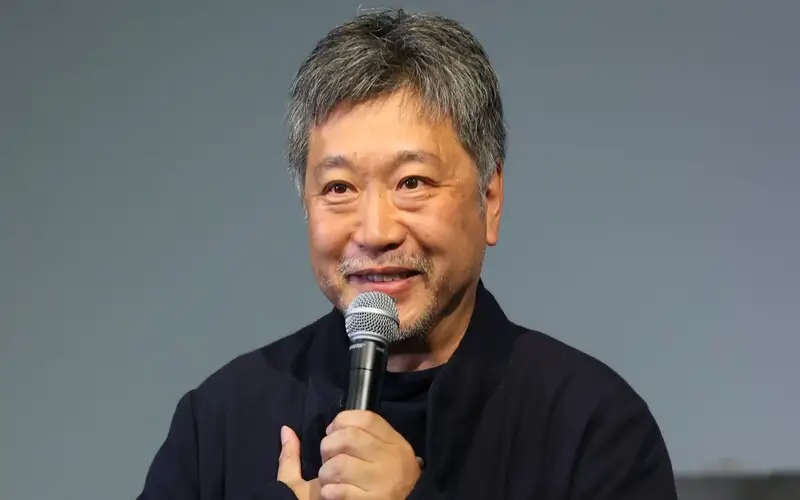
9. Takeshi Kitano
Kitano started as an actor and a comedian. Slowly he branched out and started directing. Today, he is among the top directors of Japanese cinema. His style of direction, despite not being liked by many, is still remarkable. His humorous, violent, and raw representation of the crime world is what set him apart from other directors working on the same genre. His film ‘Violent Cop’ has amassed a huge almost cult-like following.
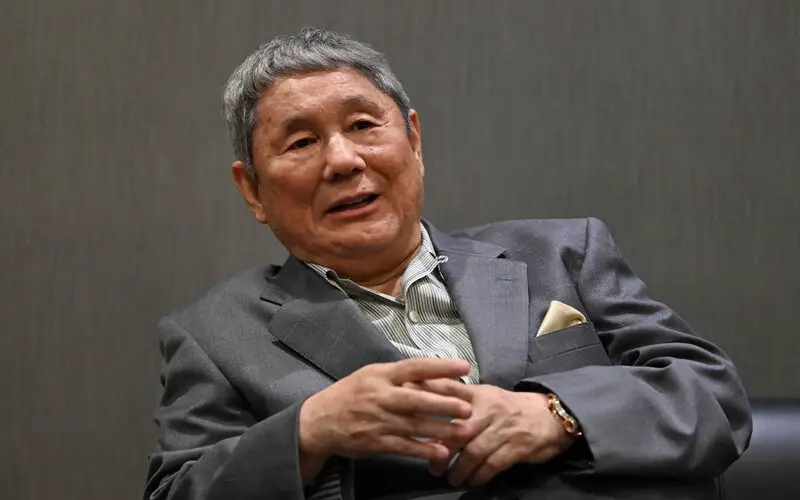
10. Hideaki Anno
Both a businessman and a filmmaker, Hideaki Anno is widely recognized as an animator through his ‘Evangelion’ franchise. Elements of post-modernism echo through his work. He deals extensively with characters’ emotions and feelings, often going at length to graphically break them down for the audiences to understand. Complex graphic scenes and mental health issues are his trademarks. Shin Godzilla (2016), Shiki-Jitsu (2000), Cutie Honey (2004), Re: Cutie Honey (2004), and Rebuild of Evangelion (2007–2021) are some of his popular works.
